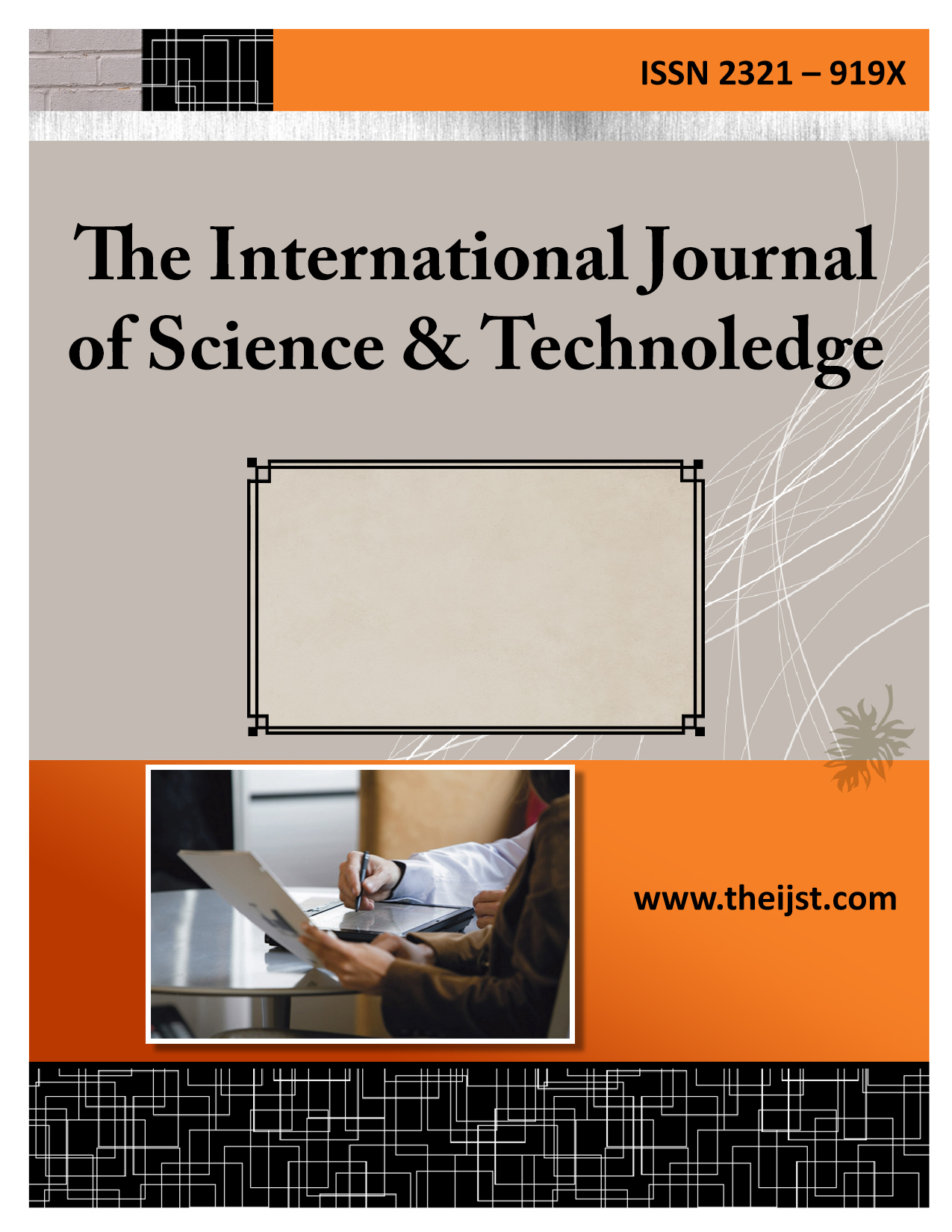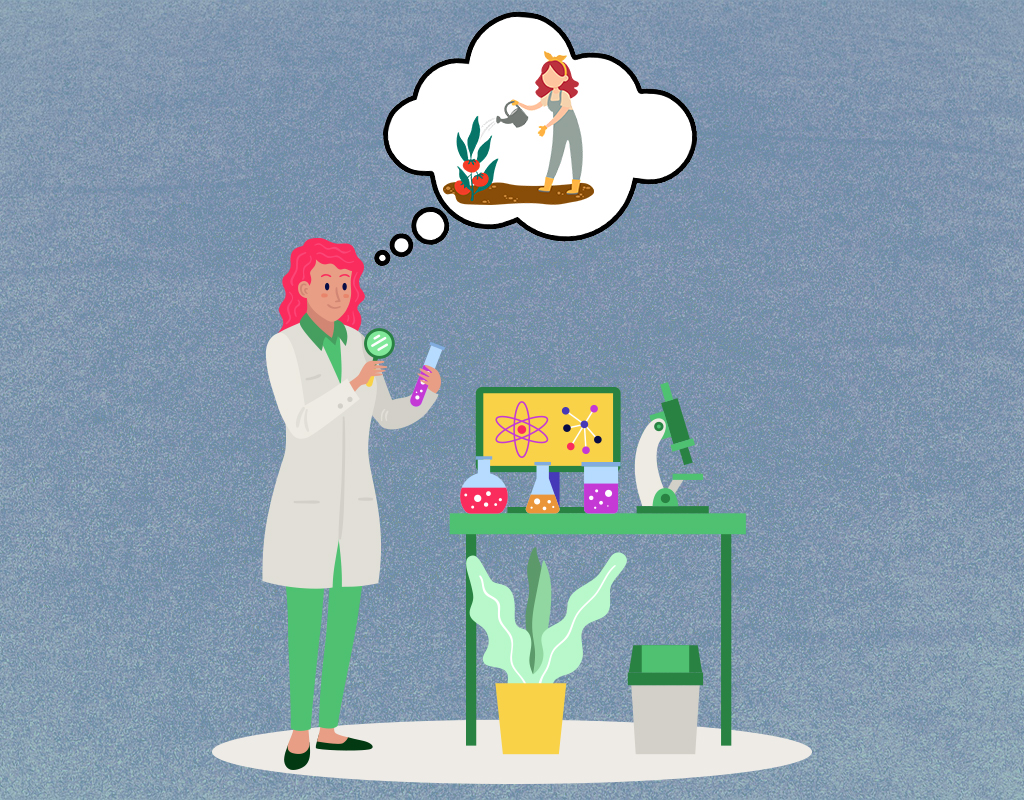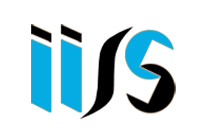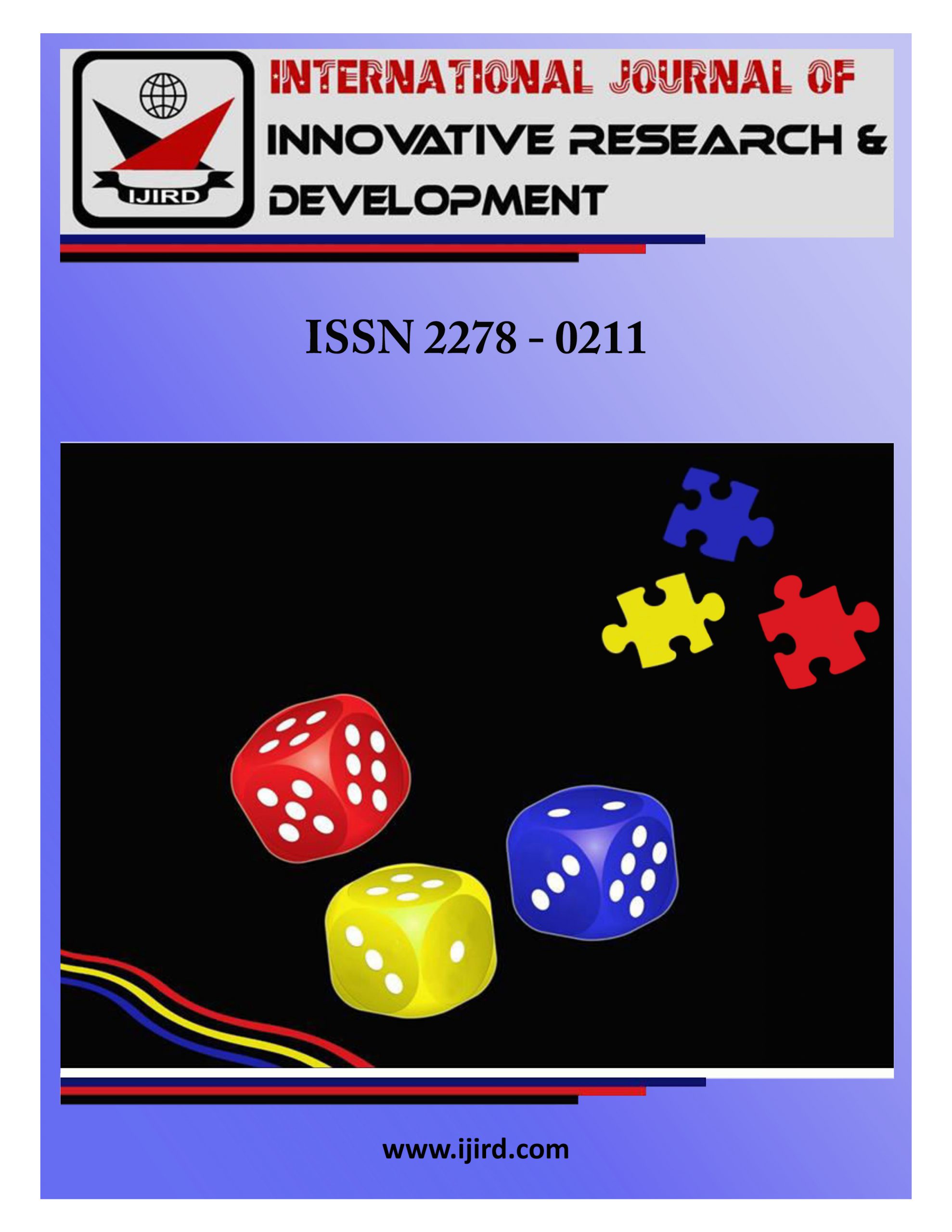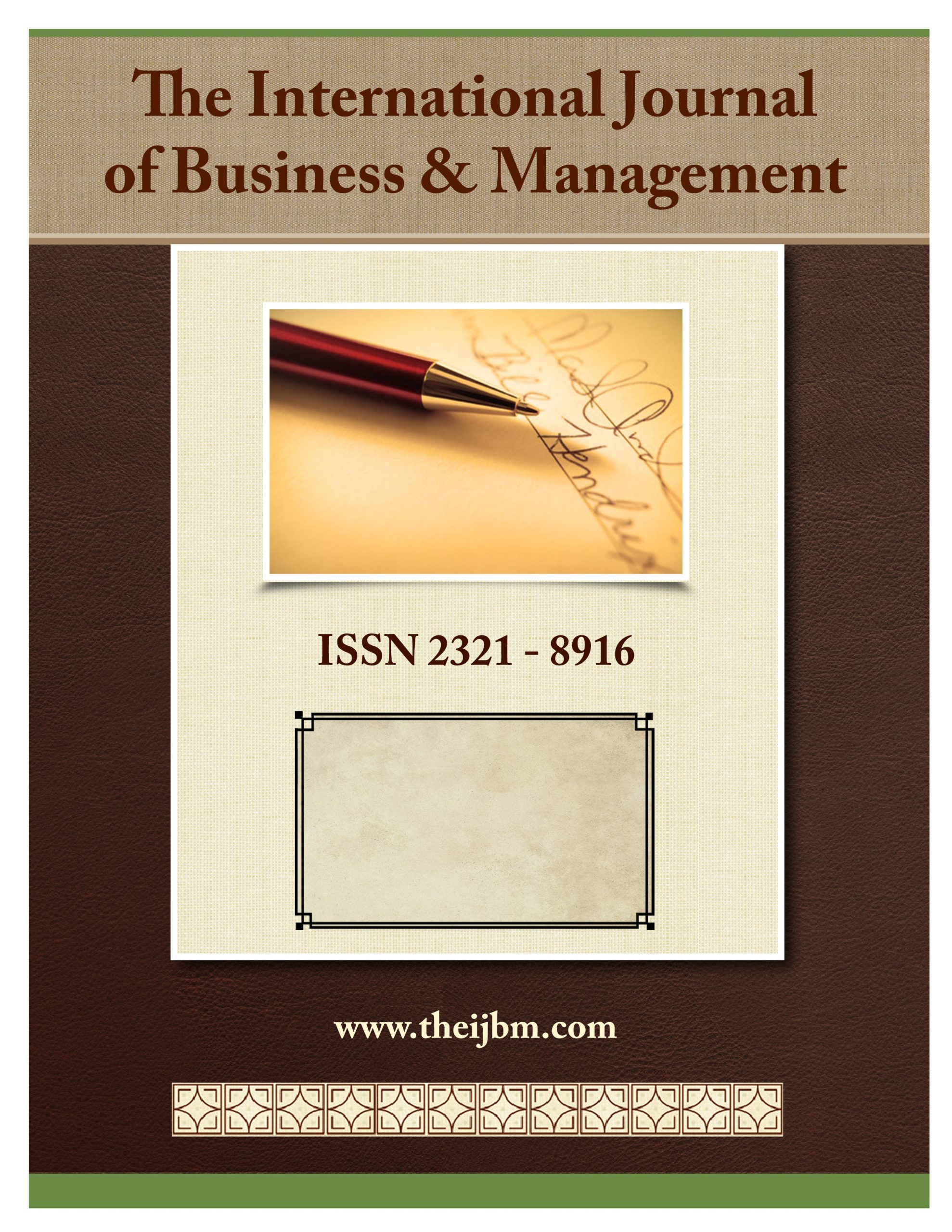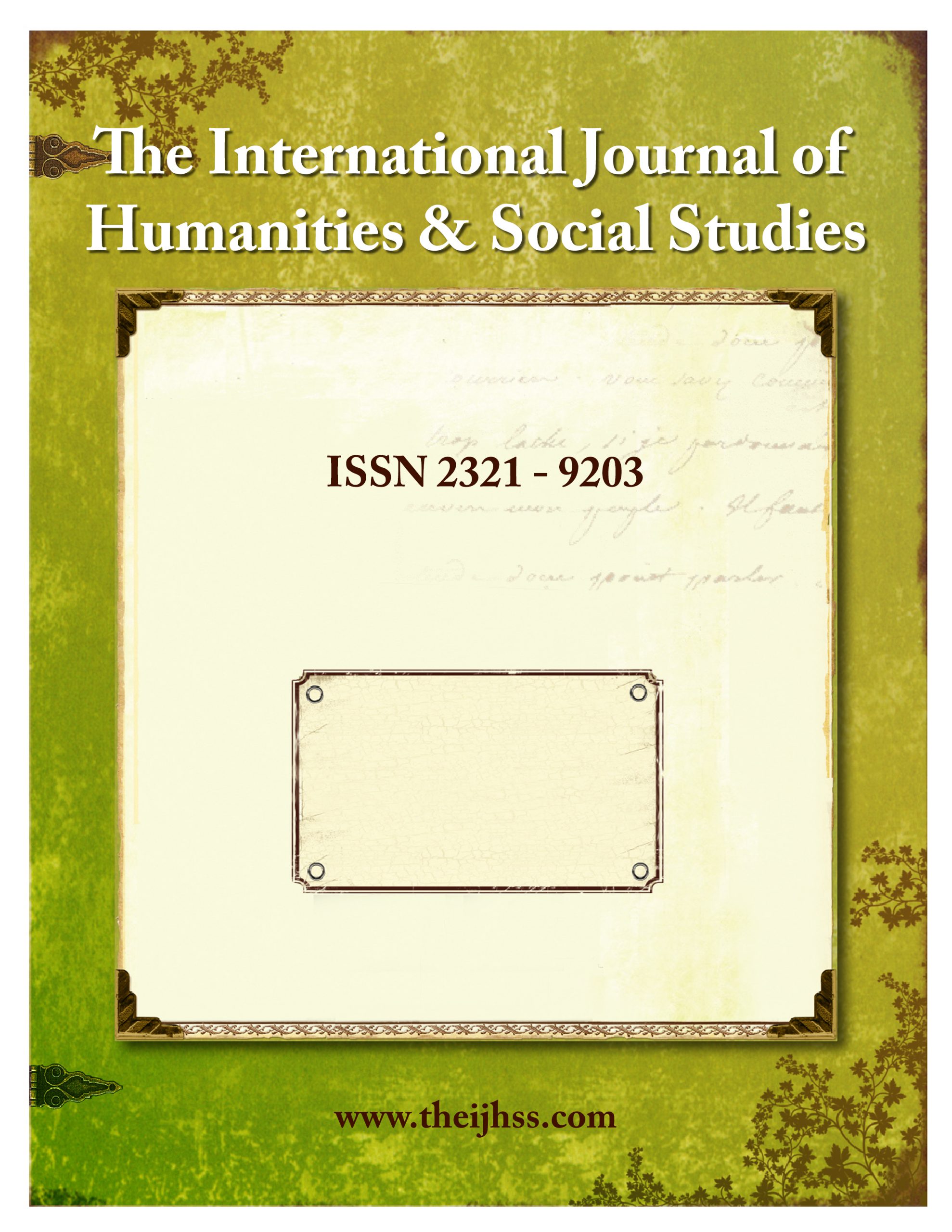Longer days, busy working hours and work as the main focus of human lives have become a common picture of everyday professionals. Scientists and researchers are no different. Maintaining a well-organized work-life balance is key to successful outcomes; academicians can also produce good research outputs when they are physically and mentally healthy, that comes with a proper work-life balance. When time is appropriately distributed between profession and family, when tasks are chosen with delegated priority, people are happier. People can be more effective and efficient if they sort out when to attend to international journals, when to self-study, when to teach, when to write and when to enjoy family time.
Hence work-life balance is very important in the life of a PhD scientist as they have t perform all the above roles. Here’s how to maintain a good work-life balance:
- Make a Schedule– The first step to organizing your time is to schedule your day. A day has 24 hrs, out of which, we have approximately 17 hours of activity. We have to carefully schedule each hour with tasks, based on priority. For e.g. we have to include wake-up time, brushing time, eating time, bathing time, relaxation, family time, and everything else in the schedule. We also must keep some buffer minutes, like it might always take 10 minutes longer to reach the office or university, some days, and we have to estimate that in our schedule. This kind of minute scheduling with attention to details of time, can give you a realistic picture of what you can achieve in a day.
- Learn the 3 Ds– At the beginning of any graduate or post-graduate study, a student is taught the 3 Ds of time management. You must know how to “Delay”, “Delegate” and “Delete”. These are essential to prioritizing tasks. If a task is not important at the moment, feel free to delay it. For e.g., calling your sister is important, but can be done later if you have an article submission deadline this hour. Then you must learn to distribute responsibilities within the family. Ask your children, your spouse or any other member to share the household chores; in other words, you can allot washing machine to your kids, chopping vegetables to your spouse or paying the bills to your spouse etc. Some tasks that might not be important at all must be deleted. For e.g., if a publication invitation is not lucrative enough, or doesn’t appear serious, do not spend time assessing it; be selective, choose only the significant offers and for others, just let it go.
- Manage Your Time Wisely– When you decide what you should do now, significance and importance of a task comes up again. For e.g., dish washing and kitchen cleaning are important, but surely they should not occupy the precious hours of your daytime, when your focus and concentration are at the peak. You can do the cleaning later in the day or may be, in the weekend. Focus on international journal submissions can optimize your attention for a productive writing output. Also, we should not waste much time in between tasks to gossip, chat etc.
- Do Not Mix Pleasure in Work Hours– It is always imperative to stay focused in whatever you do. Do not think you can start watching 30 minutes television while you are writing a paper or doing data analysis; you cannot start chatting over phone in the midst of self-study or examination. Such distractions will always delay your work. Make sure to schedule pleasure time separate from work time. Also, do not attend to multiple tasks at a time. For e.g., you cannot cook, write, teach and clean at the same time. If you try it, all the tasks will be delayed. Start one, finish it with priority and go to the next.
- Be More Selective– We have already discussed this. You don’t have to do it all. Every conference, every seminar, every discussion forum or a new student, might seem like an opportunity to progress, but not all the tasks have equal contribution in making us successful. Choose events and tasks based on your skill set, and your objective in research and life. Also, be selective in your personal life. You don’t have to attend all invitations and family weddings. You can rather choose to stay home and spend time with your dog, your kids or just yourself. When we try to do too much, we stress out easily and fail. We have to be selective about where we put our time.
- Identify What You Need– One thing that you should always be clear about is your goal. What you need from your research profession, what you want from life, what your body wants are very important. You may keep publishing in international journal without a clear objective, but that will not bear fruits. It will only tire you, make you unhealthy and confused. Self-care is essential for your physical and mental health. It includes getting enough rest, sleep or exercise, and eating healthy food when you need to eat. So, try to schedule your research experiments around your sleep time, lunch break, or exercise schedule. When you need to take a short vacation, check your institution’s policies for paid and unpaid leave. If you feel too stressed and overwhelmed, allocate time to talk to your mentor or seek a professional counselor.
- Keep Time to Enjoy– A part of self-care is also doing what you like the most. Take out time from life to read, play music, go camping, dance or whatever you enjoy doing alone, or with your family. Good mental health is very important for proper functioning of the body and brain. When you do activities you like, your brain gets nourishment from positive vibes.
- Know When to Turn off Your Work Mode– This is a daily practice and very essential for all professionals. You must know when to switch off from your office, whether you are working from office or from home. Mark a time to leave office, say 4 pm and try to stick to this time, no matter what, everyday. Even if you are working from home, select a time on the clock after which you won’t work; it can be 4 pm, 5 pm or 6 pm, whatever makes you comfortable and justifiable. Don’t drag your work into your family time. Beyond the selected time, make sure you unwind yourself for the day and discuss or do more about your profession.

